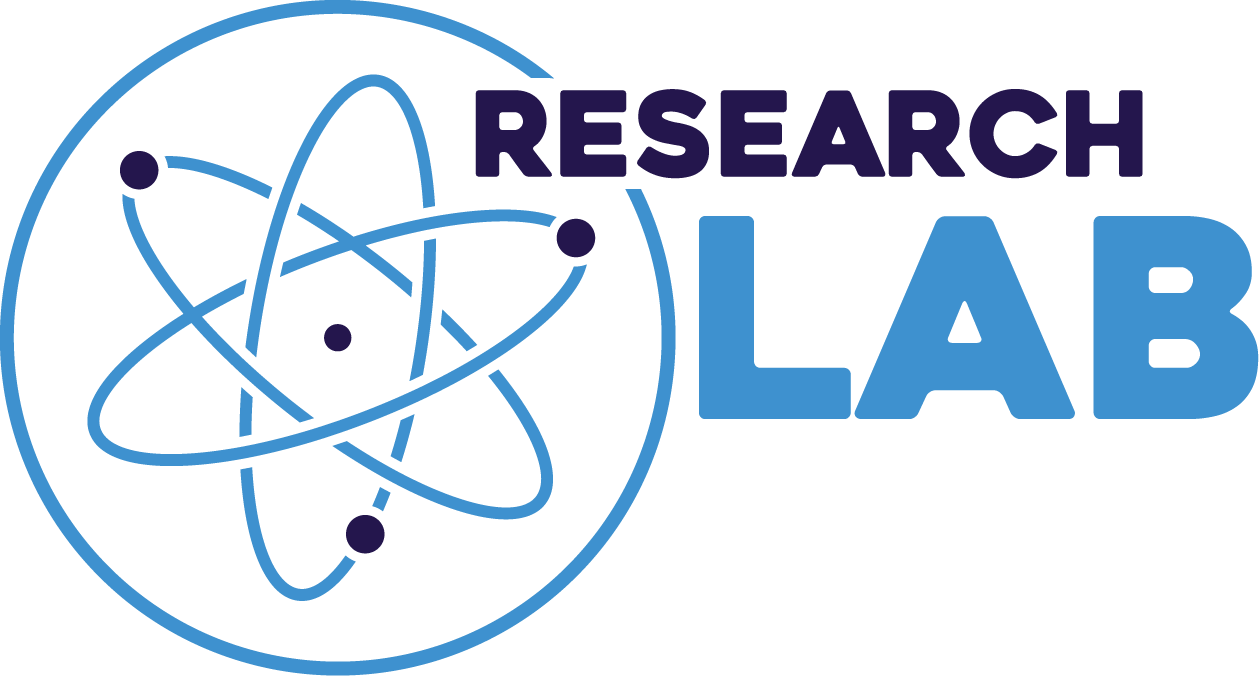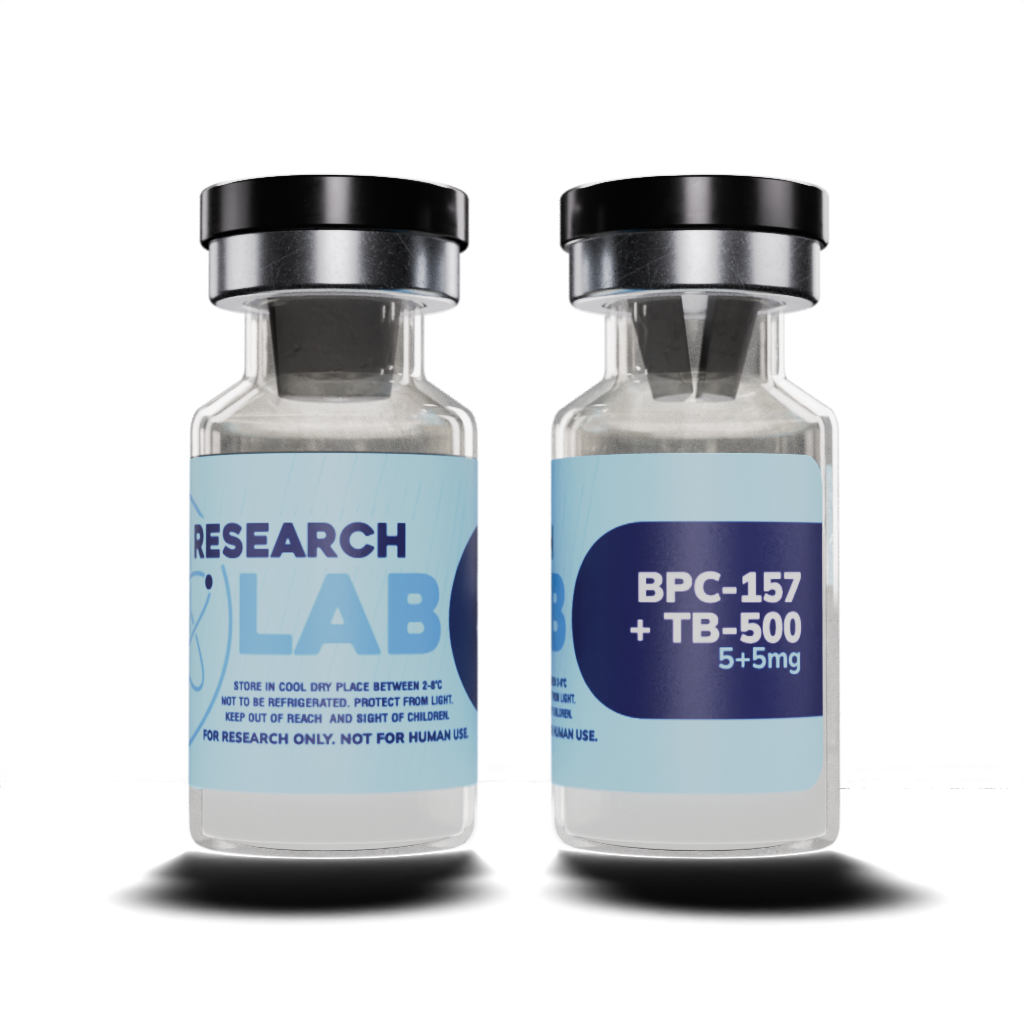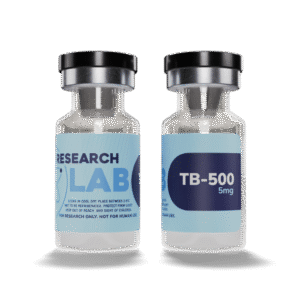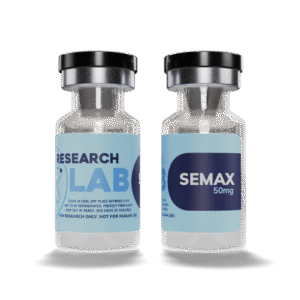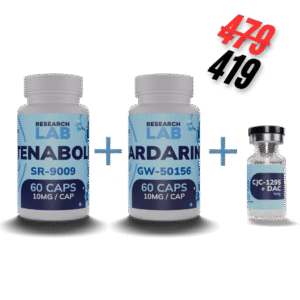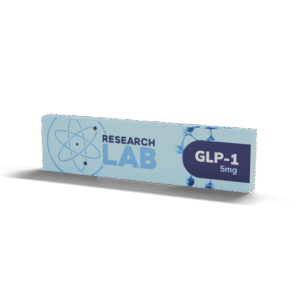BPC-157 (Body Protection Compound-157) is a synthetic pentadecapeptide (composed of 15 amino acids) that represents a fragment of a naturally occurring protective protein found in the gastric juice of mammals. Identified as a fragment of the BPC protein, it was first isolated and characterized during research on tissue protection mechanisms in the gastrointestinal mucosa.
Significance in Research: BPC-157 is attracting increasing interest in academic and experimental settings due to its potential effects on cellular homeostasis, angiogenesis, tissue adaptation, and stress responses in biological models. Preclinical studies are being conducted in the context of:
-
soft tissue regeneration under experimental conditions,
-
its influence on blood vessels and growth factors,
-
modeling of inflammatory responses and oxidative stress,
-
molecular mechanisms involving signaling pathways related to cellular repair.
However, it is important to emphasize that all current observations are limited to in vitro and in vivo studies in non-clinical models. No clinical trials have been conducted to approve BPC-157 for any medical use.
TB-500 (Thymosin Beta-4) is a synthetic fragment of the Thymosin Beta protein used in research focused on regenerative processes, including wound healing and tissue repair. TB-500 is a peptide that has demonstrated the ability to regulate various biological mechanisms, such as promoting cell migration, stimulating angiogenesis (the growth of new blood vessels), and reducing inflammation. The product is used exclusively in experimental studies to evaluate its potential in regenerative processes.
TB-500 is intended solely for research and experimental purposes and is not approved for therapeutic use in humans or animals.
Research Applications: TB-500 is utilized exclusively in laboratory studies to:
-
investigate its effects on regenerative processes and tissue healing in model organisms,
-
assess its role in angiogenesis and enhancement of microcirculation,
-
study mechanisms of inflammation reduction and immune response modulation,
-
analyze its impact on cell migration and tissue repair in experimental contexts.
TB-500 is not intended for therapeutic use in humans or animals and is restricted to research and experimental applications.
